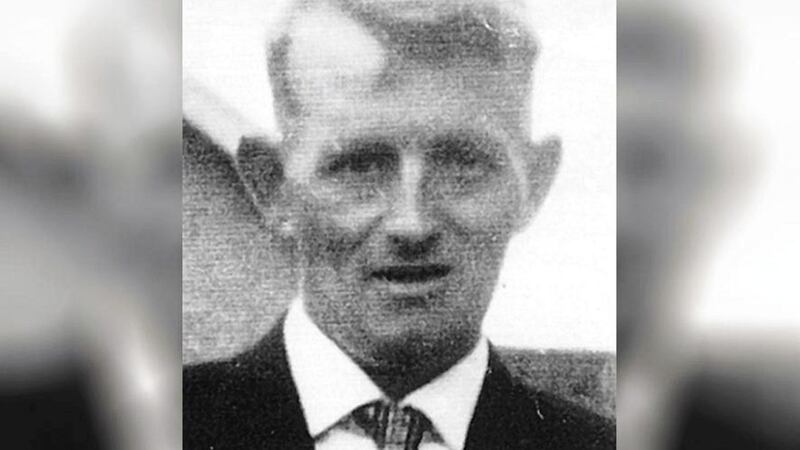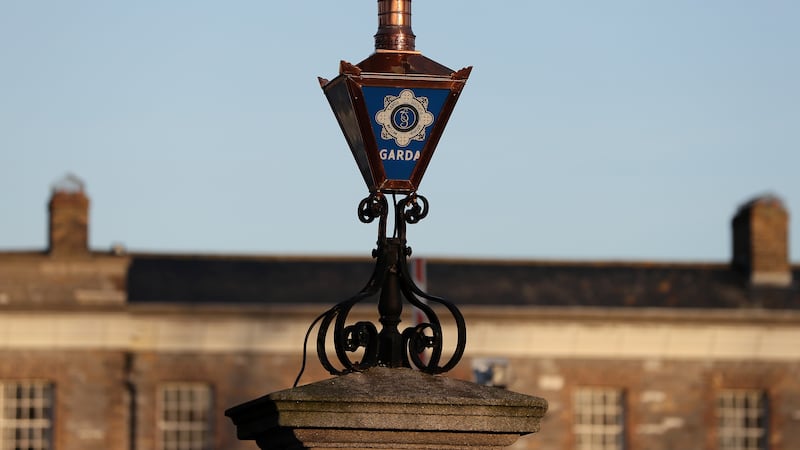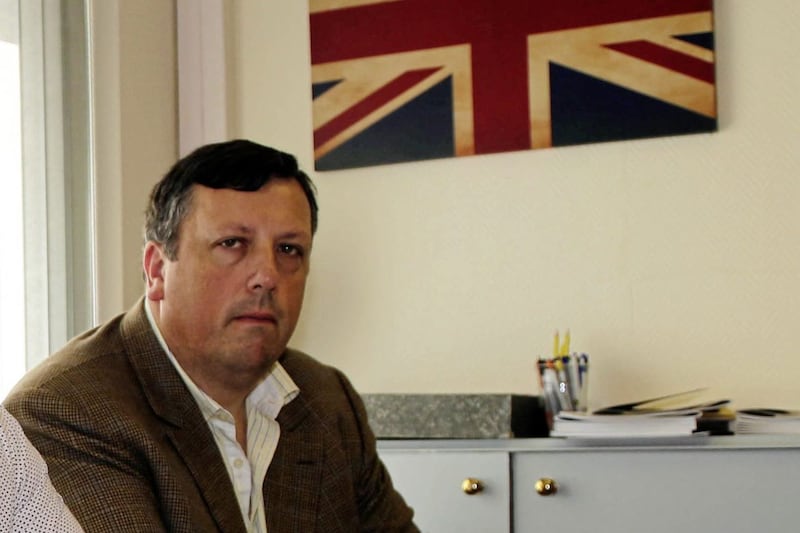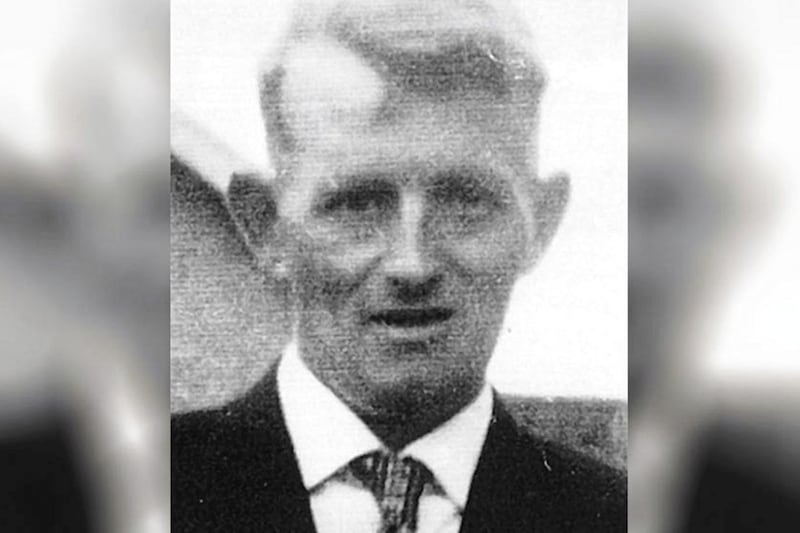The family of a man shot dead by loyalists in 1976 say they have been failed by the Irish Government and gardaí.
Seamus Ludlow (47), a forestry worker, was killed on his way home from a pub in Dundalk, Co Louth.
His family have long maintained Mr Ludlow was an innocent victim of a loyalist death squad comprising a Red Hand Commando and two members of the Ulster Defence Regiment (UDR) who travelled from the north into the Republic to commit the murder.
They are now demanding a full public inquiry into his death after they won permission from the High Court in Dublin to challenge the decision not to prosecute members of the British army and loyalist paramilitaries identified as suspects.
The family have commissioned an information leaflet to be handed out around Co Louth and south Armagh to raise awareness of the case among the public and garner support for their campaign.
They claim the Irish Government are frustrating efforts to win justice for Mr Ludlow, and say the Gardai were passed the suspects' names but "put them in a drawer and closed it".
The RUC told the Garda in 1979 the names of four loyalists it suspected of being involved in Mr Ludlow's killing but the information was not pursued at the time.
In 1998, four named suspects were arrested and questioned by the RUC and two of the men allegedly made confessions about their involvement in the murder.
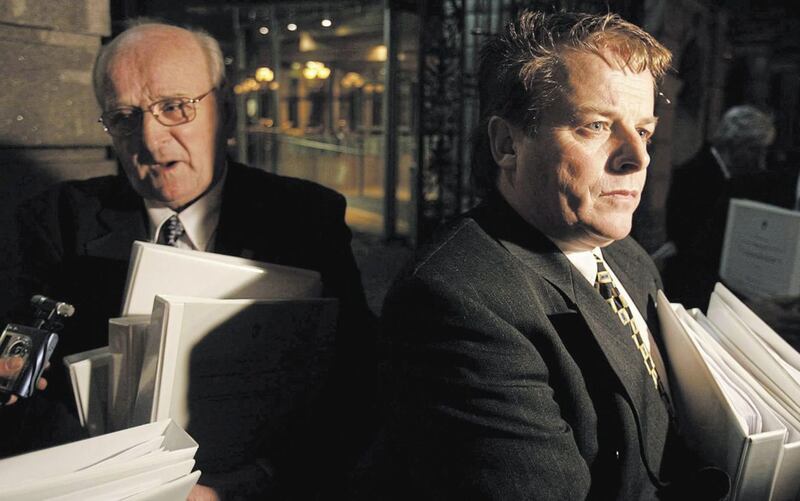
The family also believe gardaí were complicit in spreading false rumours that Mr Ludlow was killed for being an IRA informant, and that documents about the case, two bullets and items of the victim's clothing have been lost by state agencies.
An Oireachtas committee in Dublin recommended more than 10 years ago that two commissions of investigation be held into the murder and subsequent events, after an official judge-led report damned the original botched Garda probe.
Neither of the recommendations have been implemented by the Government.
Gavin Booth, a solicitor for the family, said the case is strong that there have been failings on behalf of the state on both sides of the border.
He said: "It's very rare a family can litigate in both states, but given what has happened to Seamus there is cases that exist in both north and south.
"There is a political failure here to deal with the past in the north, and this spreads into the south, unfortunately families have been left without proper disclosure of details.
"Hopefully we find out what happened to Seamus, what the background is, what role the British Army played, what role state agents played.
"There's also failings within the gardaí, we want to know what role they did fully play.
"The Oireachtas report said that the gardaí did fail, when people brought the case from Dundalk to Dublin, they were told to forget about it and leave it, why did this happen? Who made those decisions?"
Mr Ludlow's nephew Michael Donegan said the family will not stop in their quest for justice.
He said: "From day one it was always clear there's a whole lot wrong with the murder of Seamus Ludlow, and there's a whole lot going on under the surface that we don't know.
"I'm afraid it becomes all too obvious, all this hostility towards our family is based on a need to protect some dark secrets.
"They're trying to keep us in the dark, poor Seamus did not deserve the end he got, but the impugning of his name basically made him the architect of his own death, that is shameful."
The Department of Justice has been contacted for comment.
